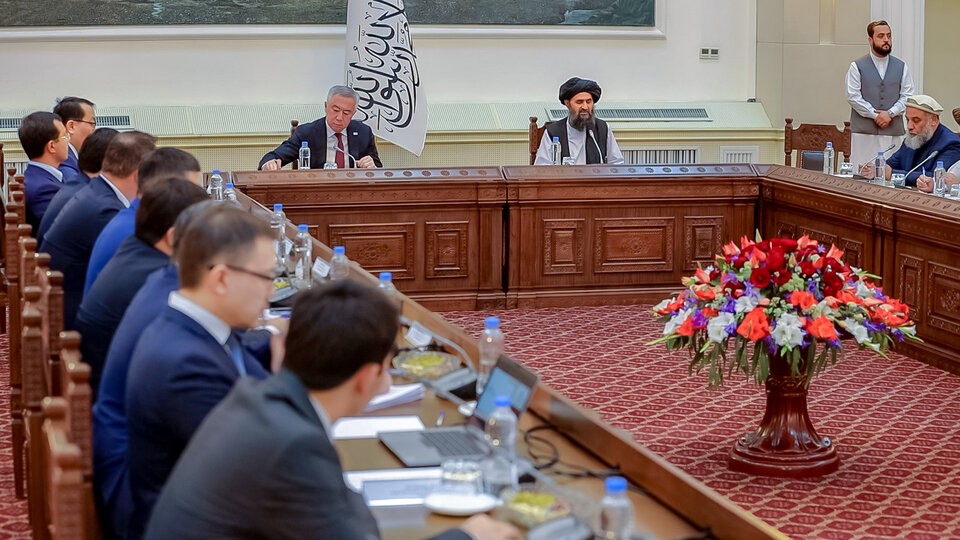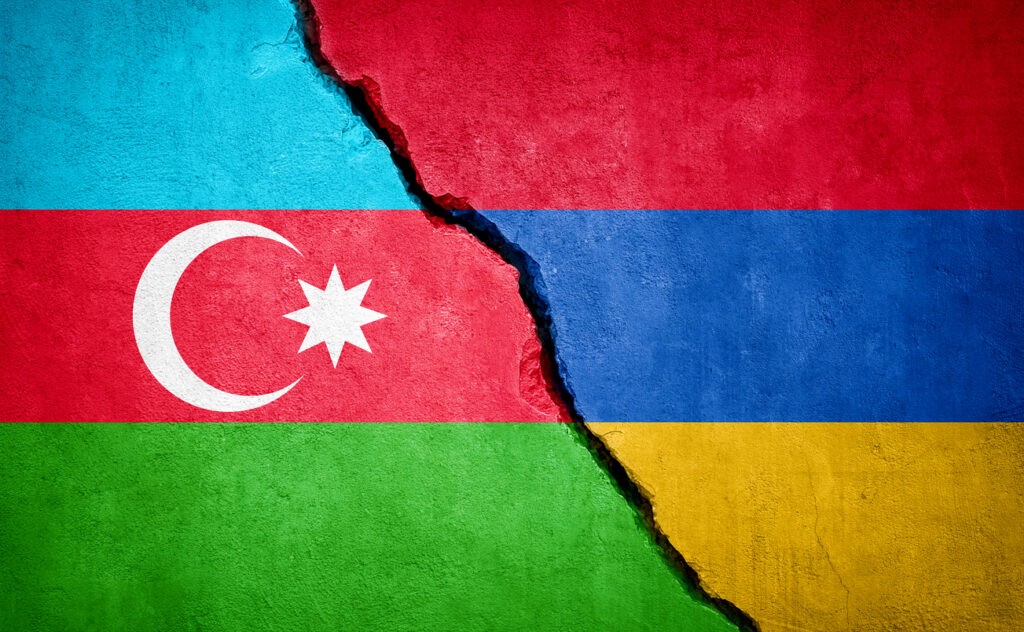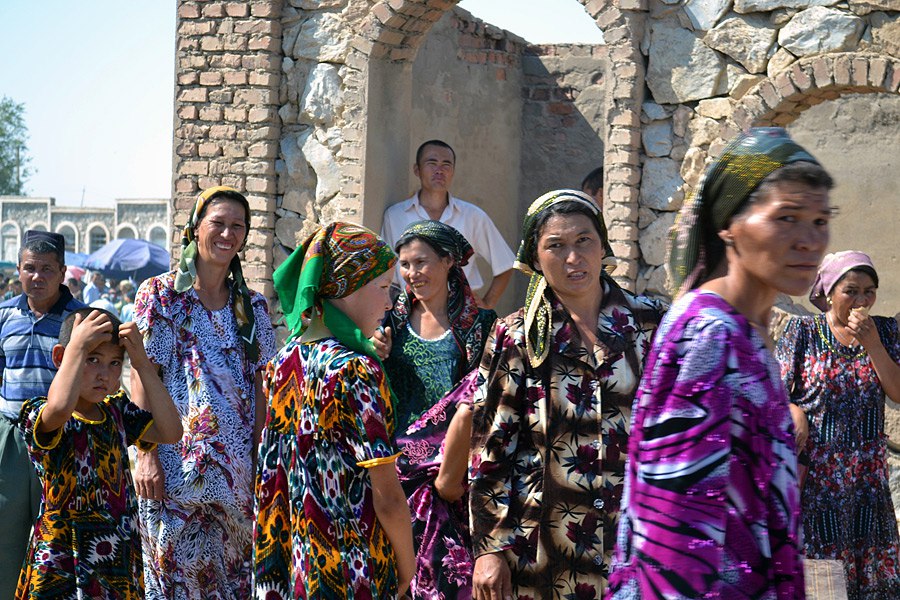Kazakhstan Poised to Participate in Trans-Afghan Railways Construction
On 24 April, a Kazakhstan delegation led by Deputy Prime Minister Serik Zhumangarin met Afghan Deputy Prime Minister Abdul Ghani Baradar in Afghanistan to discuss cooperation on transport projects in Central and South Asia.
The Kazakh side announced its readiness to participate in the development of the trans-Afghan corridor through the construction of the Termez – Mazar-i-Sharif – Kabul – Peshawar and Herat – Kandahar – Spin Buldak railways.
The projects aim to reduce the delivery time of goods between the countries by almost 10-fold, as well as reduce transportation costs.
Kazakhstan’s proposed contribution to the construction of the trans-Afghan railways comprises the supply of locally- produced materials for the upper structure of the railway track, sleepers, and fastenings.
Over the past three years, the volume of exports sent from Kazakhstan to Afghanistan has grown steadily. In 2023, transportation by rail amounted to 2.7 million tons, including 1.5 million tons of Kazakh flour and grain, a 14% increase compared to 2021. In the coming years, Kazakh exports to Afghanistan are expected to increase by 40%.
The parties also discussed resuming air traffic between the countries. According to a memorandum between the aviation authorities of Kazakhstan and Afghanistan, the two countries are on course to operate three scheduled passenger/cargo flights per week.








